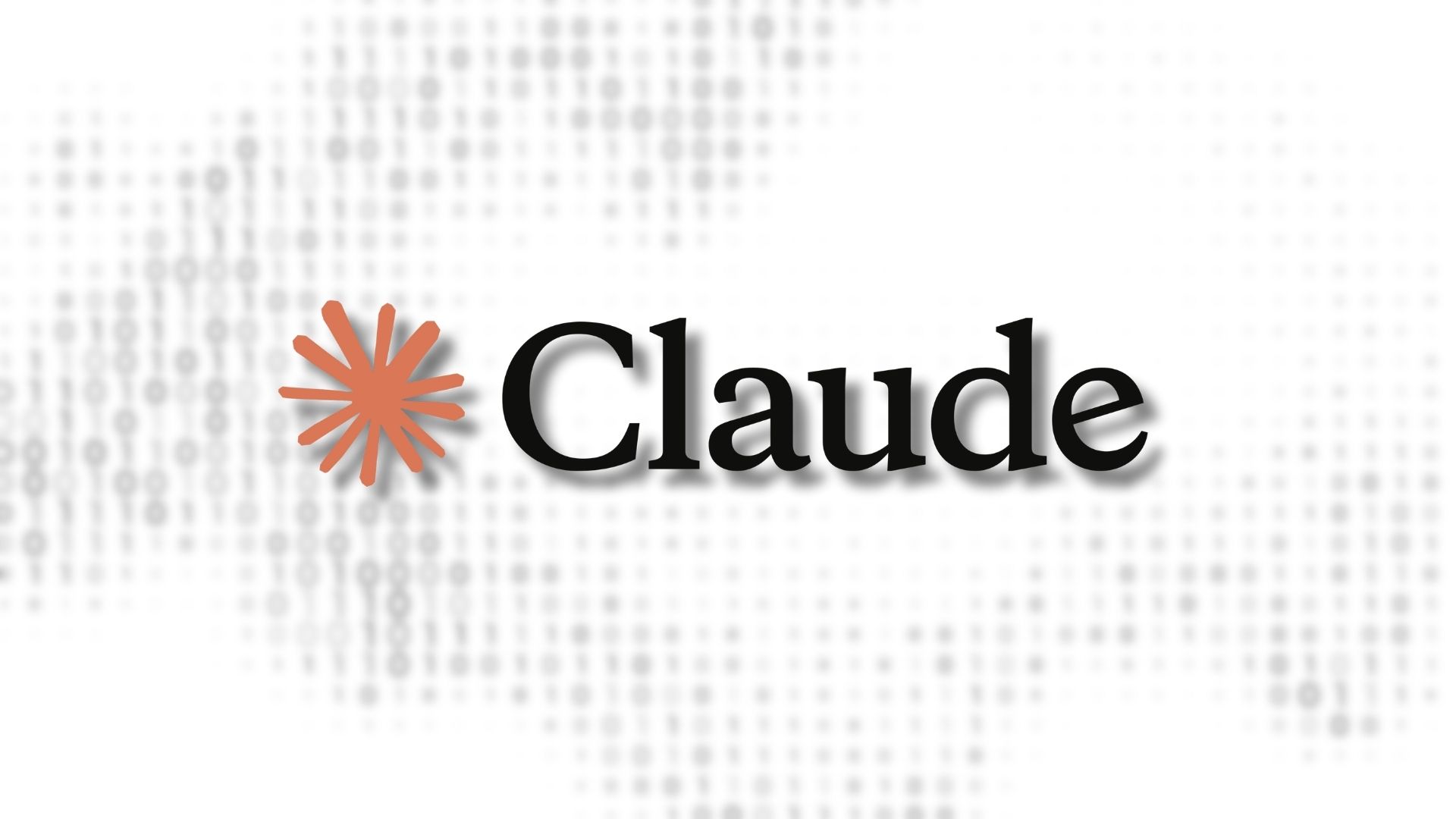Researchers from MIT’s Computer Science and Artificial Intelligence Laboratory and Asari AI have introduced EnCompass, a framework designed to enhance how AI agents interact with large language models.
The system improves agent performance by automatically backtracking when errors occur and running multiple execution paths in parallel to identify the most effective outcome.
Programming AI agents traditionally requires extensive additional code to handle model mistakes. EnCompass removes that burden by embedding retry and search logic directly into execution.
Developers annotate key decision points, allowing the framework to explore alternative reasoning paths while preserving the agent’s original workflow structure.
Efficiency gains appear significant. Trials show coding effort for search implementation reduced by as much as 80%, while accuracy in code translation tasks improved between 15% and 40%.
Researchers demonstrated the framework’s ability to optimise repository translation and rule discovery across complex digital systems.
Future applications extend to large-scale software maintenance, scientific experimentation, and engineering design. Presented at NeurIPS, EnCompass positions structured search as key to advancing reliable, high-performance AI agent systems.
Would you like to learn more about AI, tech and digital diplomacy? If so, ask our Diplo chatbot!










